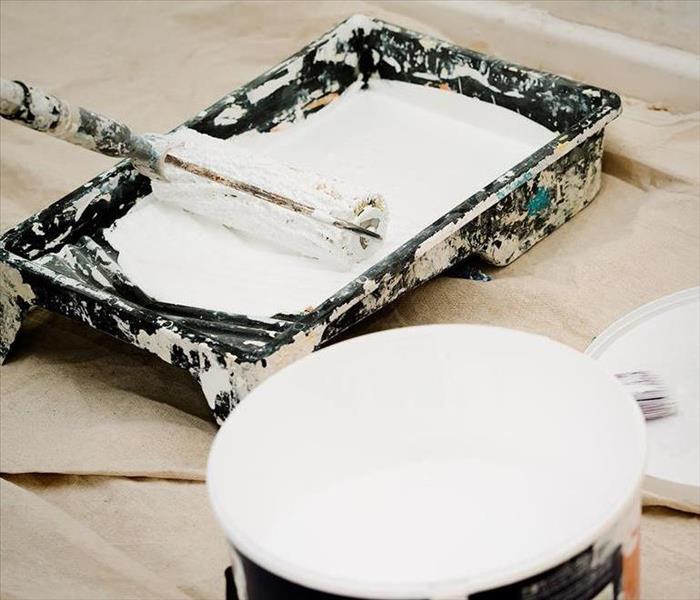Common Dangers in Older Homes
5/26/2020 (Permalink)
Old homes really do possess a charm. However, aging also does affect things in homes that can harm individuals. There is no cause for alarm, all you need to do is check a few things out and you’re good to go.
- Poisoning From Lead Paint and Plumbing
Paints used before 1978 are lead-based which means you can be exposed to lead poison. Lead poisoning is extremely dangerous to both children and adults. However, it is less likely that lead-based paints on friction surfaces like windows or that are still in good condition are dangerous. Once it is scraped and exposed, the lead dust can spread around the home and can cause health problems.
Check all painted surfaces for any sign of deterioration and call a professional service to get it tested.
Lead can also be found in pipes and it could contaminate or poison your water and put your health at risk. If you’re living in an old building, get your water tested for lead poisoning.
- Polybutylene Pipes Hazard
Polybutylene (PB) used by plastic manufacturers between 1978 and 1995 to produce pipes recorded a high amount of incidence of ruptured pipes resulting in property damage in the U.S. before being shut down. Although companies have stopped using PB, many homes still use them. Consider inspecting your PB pipes if they are intact or replacing them completely.
- Deteriorating Asbestos Hazard
When asbestos begins to deteriorate, it can release tiny fibers which when inhaled gets trapped in the lungs, causing scarring and inflammation. Mesothelioma and fatal cancers are diseases asbestos exposure can cause.
- Outdated Electrical Wiring
The electrical wiring methods of old buildings may not be to standard and can cause risk of a fire outbreak. The CPSC records about 46,000 fires caused by electrical wiring failure yearly. According to the CPSC, the majority of affected homes built about 40 to 100 years ago have not been inspected before.
Some obvious signs your electrical system is failing are frequent sparks, flickering or dim lights, frequent power outages, unusual sounds like sizzles or burning smells, smoke, electrical shock, shrinking of television pictures, damaged insulation, and hot switches or outlets.
Get a professional electrician to inspect your electrical wiring system to avoid these fire hazards.




 24/7 Emergency Service
24/7 Emergency Service
